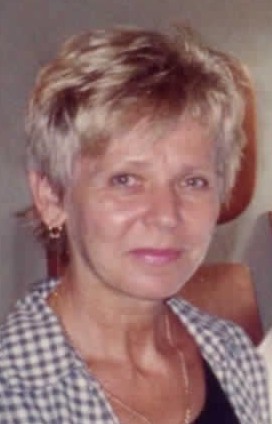It is beautiful to see the result of your work

Stáhnout obrázek
Jana Pavlíková, née Životská, was born on 26 January 1956 in Vsetín. She graduated from the grammar school and in 1975 she started to study history and art history at the university in Brno. During her studies she managed to travel to France. In 1980, she started to work as a conservationist in Pardubice. After the Velvet Revolution, she succeeded in a selection procedure and became the director of the castle in Frýdlant. She still works at the castle today.








